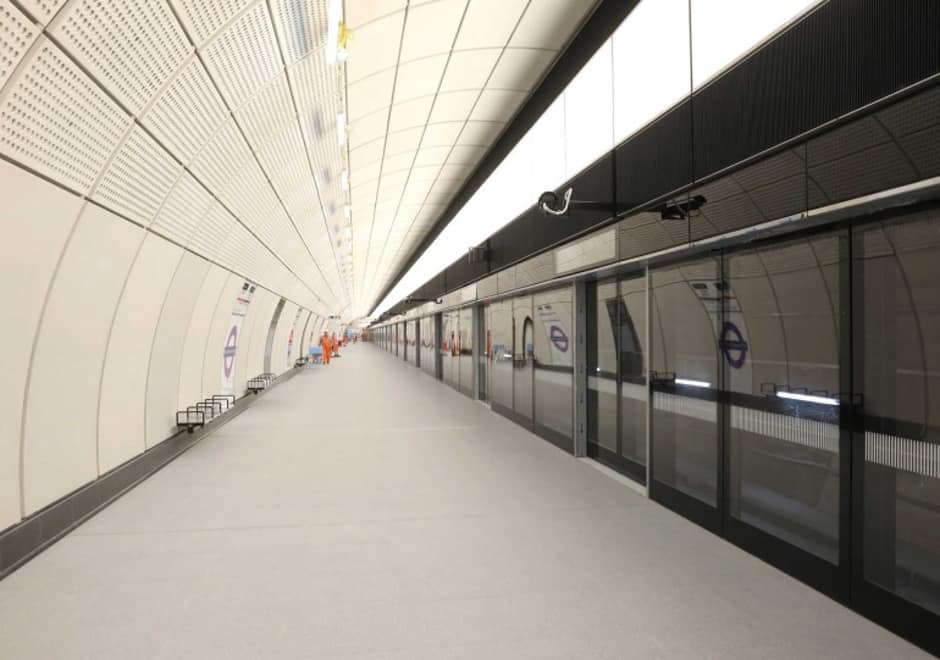
Stretching over 60 miles from Reading in the west to Shenfield in the east, the Elizabeth Line was scheduled to open in December 2018 but will start a full service in autumn 2019.
Europe’s largest infrastructure project is being delivered by Crossrail Limited, which said ‘sufficient testing time is required to introduce the next phase of the railway – the central section between Paddington and Abbey Wood – in a way that can be guaranteed to be safe and reliable.’
It added that more time is needed by contractors to complete fit-out activity in the central tunnels and to develop railway systems software. Testing is in progress but more time is needed to complete the full range of integrated tests.
Simon Wright, Crossrail chief executive said: “We have made huge progress with the delivery of this incredible project but we need further time to complete the testing of the new railway. We are working around the clock with our supply chain and Transport for London to complete and commission the Elizabeth line.”
https://www.theengineer.co.uk/issues/october-digi-issue-2/your-questions-answered-crossrail/
Elizabeth Line trains currently operate between Shenfield in Essex and Liverpool Street mainline station, and between Paddington mainline station and Hayes & Harlington, in readiness for the full opening. The trains are also being tested in the Heathrow tunnels.
When the central section of the Elizabeth Line opens, the railway will initially operate as three separate services made up of Paddington (Elizabeth Line station) to Abbey Wood via central London, Paddington (mainline station) to Heathrow Terminals 2, 3 and 4, and Liverpool Street to Shenfield.
Once up and running, the Elizabeth Line is expected to add 10 per cent to central London’s rail capacity.




April 1886: the Brunkebergs tunnel
First ever example of a ground source heat pump?